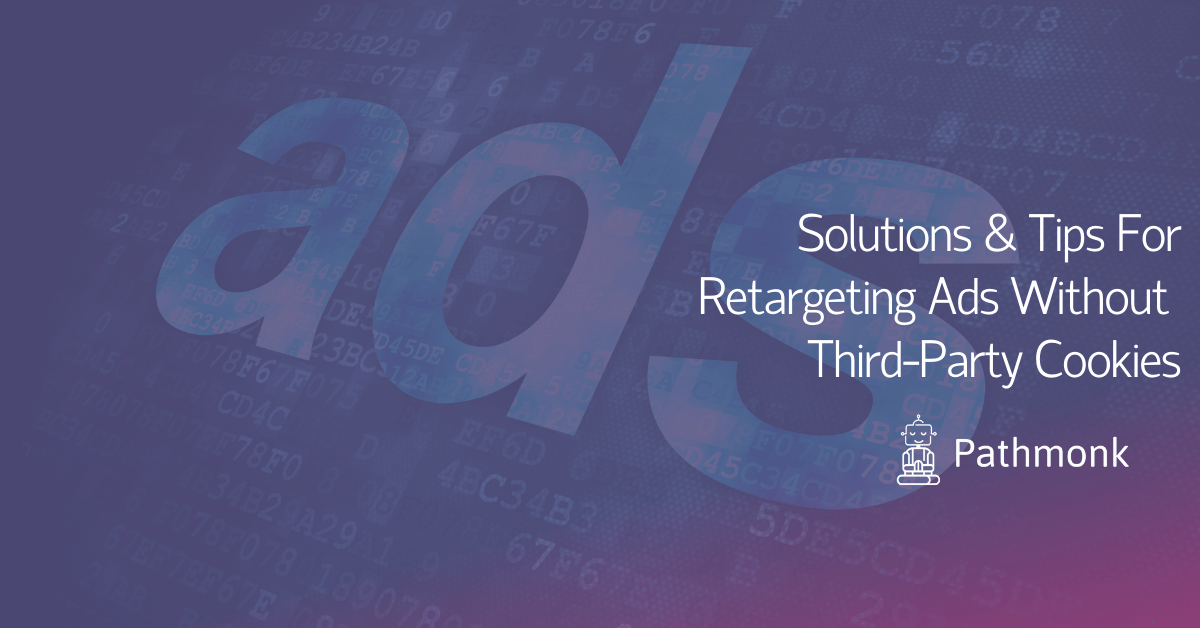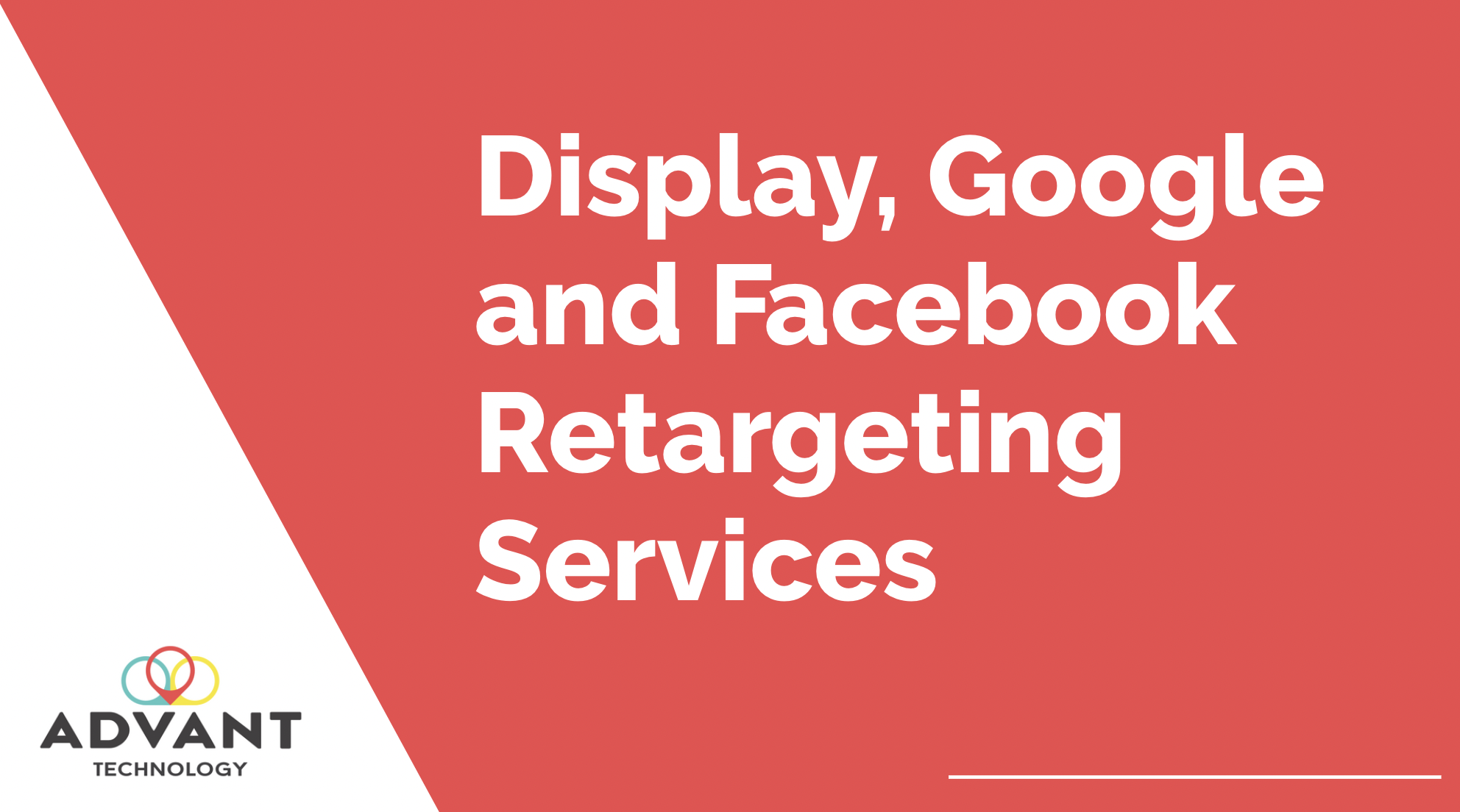Ad retargeting solutions help businesses re-engage potential customers who previously visited their websites. This technique boosts conversion rates and maximizes ad spend efficiency.
Ad retargeting solutions play a crucial role in digital marketing strategies. They target users who have shown interest in your products or services but did not make a purchase. By displaying personalized ads to these users as they browse other websites, businesses can keep their brand top-of-mind.
This practice not only increases the likelihood of conversions but also enhances return on investment (ROI). Effective retargeting strategies involve the use of cookies and advanced algorithms to track user behavior and preferences. Ad retargeting solutions offer a powerful way to recover lost sales and drive growth in a competitive online marketplace.
Table of Contents
ToggleIntroduction To Ad Retargeting
Ad retargeting is a powerful tool in digital marketing. It helps businesses reach potential customers who have shown interest in their products or services. This method increases the chances of converting visitors into buyers.
What Is Ad Retargeting?
Ad retargeting is a form of online advertising. It targets users who have previously visited your website. These users see ads related to your products or services as they browse other sites. This keeps your brand in their minds.
Retargeting works by placing a small piece of code called a pixel on your website. This pixel tracks visitors and their actions. When they leave your site, the pixel triggers your ads to follow them across the web.
Importance Of Retargeting In Marketing
Retargeting plays a crucial role in marketing strategies. It helps convert leads into customers. Here are some key benefits:
- Increases brand awareness: Keeps your brand in front of potential customers.
- Boosts conversion rates: Reminds visitors to complete their purchase.
- Cost-effective: Targets users who are already interested in your products.
A study shows that retargeted ads can lead to a 70% higher conversion rate. This makes retargeting an essential tool for marketers.
| Benefits | Explanation |
|---|---|
| Increases brand awareness | Keeps your brand in front of potential customers |
| Boosts conversion rates | Reminds visitors to complete their purchase |
| Cost-effective | Targets users who are already interested in your products |

Credit: elevate-digital-solutions.com
Types Of Ad Retargeting
Ad retargeting is a powerful tool for digital marketing. It helps you reach potential customers who have shown interest in your products or services. There are different types of ad retargeting solutions. Each type has its unique way to re-engage users. Below, we will explore the main types of ad retargeting.
Site Retargeting
Site retargeting focuses on users who have visited your website. These users may have browsed products or services. They might not have made a purchase. With site retargeting, you can display ads to these users as they browse other websites. This reminds them of their initial interest. It increases the chance of them returning to your site and converting.
- Visitors to your website
- Users who viewed specific pages
- Users who added items to their cart but did not purchase
Search Retargeting
Search retargeting targets users based on their search behavior. These users have searched for keywords related to your products or services. You can show ads to them, even if they have not visited your website. This type of retargeting helps you reach a broader audience. It brings in potential customers who are actively searching for what you offer.
| Search Query | Related Ad |
|---|---|
| Running shoes | Ads for your sports store |
| Home decor ideas | Ads for your furniture store |
Email Retargeting
Email retargeting involves sending targeted emails to users. These users may have subscribed to your newsletter or abandoned their cart. You can send personalized emails to re-engage them. Email retargeting can include special offers, reminders, or product recommendations. This type of retargeting is highly effective in bringing users back to your website.
- Collect user email addresses
- Segment your email list
- Create personalized email content
- Send targeted emails
Understanding these types of ad retargeting solutions can help you create effective marketing strategies. Each type targets different user behaviors. By leveraging them, you can improve your conversion rates and boost your ROI.
Benefits Of Ad Retargeting
Ad retargeting solutions help businesses reach their target audience effectively. These solutions provide several benefits, making them essential for digital marketing strategies.
Increased Conversions
Ad retargeting significantly boosts conversion rates. By targeting users who have already shown interest, businesses can increase their chances of closing a sale.
This method reminds potential customers of products they viewed. It encourages them to complete their purchase. Studies show that retargeted ads are more effective than regular ads.
- Higher Click-Through Rates – Retargeted ads have higher click-through rates.
- Improved ROI – Retargeting improves return on investment.
- Reduced Cart Abandonment – Reminds users to complete their purchase.
Enhanced Brand Recall
Ad retargeting improves brand recall. It keeps your brand visible to potential customers. Repeated exposure to your ads helps customers remember your brand.
This increased visibility helps build trust. Customers are more likely to choose a brand they recognize. Brand recall is vital in a competitive market.
- Consistent Branding – Ensures consistent brand message across ads.
- Increased Engagement – Encourages users to engage with your brand.
- Strengthened Brand Identity – Builds a strong brand identity over time.

Credit: pathmonk.com
Creating Effective Retargeting Campaigns
Ad retargeting is a powerful marketing tool. It helps bring back visitors who have left your site. Creating effective retargeting campaigns can increase your conversion rates. Below are key strategies to ensure your retargeting efforts are successful.
Setting Clear Objectives
Begin by defining your goals. Ask yourself what you aim to achieve with retargeting. Is it increasing sales, boosting sign-ups, or enhancing brand awareness? Clear objectives guide your campaign strategy and help measure success.
| Objective | Metric |
|---|---|
| Sales | Purchase rate |
| Sign-ups | Conversion rate |
| Brand Awareness | Impressions |
Audience Segmentation
Segment your audience for better targeting. Divide them based on their actions and interests. Use tools like Google Analytics to gather data. The more specific your segments, the more relevant your ads will be.
- Visitors who added items to cart but did not purchase
- Users who visited a specific product page
- Returning visitors who spent significant time on site
Tailor your messages to each segment. For cart abandoners, offer a discount. For product page visitors, highlight features and benefits. Customize ads to match the user journey and behavior.
Effective retargeting campaigns rely on clear objectives and precise audience segmentation. These strategies can significantly improve your ad performance and ROI.
Personalizing Retargeting Ads
Personalizing retargeting ads can boost engagement and conversions. By tailoring ads to individual users, businesses can create a more relevant and compelling experience.
Dynamic Creative Optimization
Dynamic Creative Optimization (DCO) helps in creating personalized ads. DCO uses data to automatically adjust ad content. It matches the ad to the user’s interests and behavior.
With DCO, you can show different versions of an ad to different users. This ensures each user sees the most relevant message. For example, an online store can show different products to different customers based on their browsing history.
| Feature | Benefit |
|---|---|
| Automated Ad Adjustment | Increases relevance |
| User Data Integration | Enhances personalization |
Custom Messaging
Custom messaging allows for tailored communication. It addresses the user’s specific needs and preferences. This can be achieved through various methods:
- Behavioral Targeting: Ads based on user activity on your site.
- Demographic Targeting: Tailoring ads to user age, gender, location.
- Contextual Targeting: Ads based on the content the user is viewing.
By using these methods, businesses can deliver highly relevant ads. This increases the chances of user engagement and conversion. For example, a travel site can show flight deals to users who searched for vacation spots.
Personalized messaging builds a connection with the user. It makes the ad feel more like a helpful suggestion than a sales pitch.

Credit: advanttechnology.com
Best Practices For Ad Retargeting
Ad retargeting helps bring back potential customers. Knowing the best practices can make your campaigns more effective. Let’s explore some key strategies.
Frequency Capping
Frequency capping controls how often a user sees your ad. This prevents ad fatigue and keeps users engaged.
- Set limits on ad impressions per user.
- Test different caps to find the sweet spot.
- Adjust based on campaign performance.
A good rule is 3-5 impressions per user, per week. This keeps your brand in sight without annoying users.
Ad Placement Strategies
Ad placement is crucial for retargeting success. Choose placements that align with user behavior.
| Ad Placement | Benefits |
|---|---|
| Social Media | High engagement and visual impact |
| Search Networks | Targets users with high intent |
| Display Networks | Wide reach across various sites |
Combining different placements can maximize your reach. Always monitor and optimize placements for better results.
Measuring Retargeting Success
Measuring the success of your ad retargeting solutions is crucial for optimizing campaigns. Effective measurement helps in understanding the impact of retargeting efforts and refining strategies. This section covers the essential metrics and methods to analyze campaign performance.
Key Metrics To Track
Tracking the right metrics is vital to evaluate retargeting success. Here are some key metrics to focus on:
- Click-Through Rate (CTR): Measures the number of clicks per ad impression.
- Conversion Rate: Percentage of users who complete a desired action.
- Cost Per Acquisition (CPA): The cost incurred to acquire a customer.
- Return on Ad Spend (ROAS): Revenue generated for every dollar spent on ads.
- Frequency: The average number of times an ad is shown to the same user.
- Engagement Rate: Measures the interaction level of users with the ad.
Analyzing Campaign Performance
Analyzing campaign performance involves a detailed examination of the collected data. Use the following steps to ensure a comprehensive analysis:
- Data Collection: Gather data from various sources like Google Analytics, ad platforms, and CRM systems.
- Segmentation: Segment the data based on user demographics, behavior, and engagement levels.
- Comparison: Compare the performance of different retargeting campaigns to identify trends and patterns.
- Visualization: Use charts and graphs to visualize the data for better insights.
- Adjustment: Make necessary adjustments to optimize the campaign based on insights.
Consider using a table to track these metrics and analyze performance effectively:
| Metric | Target Value | Actual Value | Notes |
|---|---|---|---|
| CTR | 2% | 1.8% | Needs improvement |
| Conversion Rate | 5% | 4.5% | Almost there |
| CPA | $10 | $12 | Reduce costs |
| ROAS | 4x | 3.5x | Increase revenue |
Future Trends In Ad Retargeting
The future of ad retargeting promises exciting advancements. Businesses can expect more precise and personalized strategies. Emerging technologies will drive these changes. Below, we explore the key trends shaping the future of ad retargeting.
Ai And Machine Learning
AI and machine learning are revolutionizing ad retargeting. These technologies analyze vast amounts of data quickly. They identify patterns and predict user behavior. This results in more effective ad campaigns.
AI can segment audiences better. It delivers highly personalized ads. Machine learning continuously improves targeting accuracy. This leads to higher conversion rates. Some benefits of AI and machine learning in ad retargeting include:
- Improved audience segmentation
- Real-time data analysis
- Predictive analytics
- Enhanced personalization
Cross-device Retargeting
Users switch between devices throughout the day. They might start on a phone and finish on a laptop. Cross-device retargeting ensures ads follow users across devices. This improves the user experience and increases conversions.
Cross-device retargeting uses advanced tracking methods. These methods include cookies, device IDs, and user logins. It creates a seamless advertising experience. Below is a comparison of traditional and cross-device retargeting:
| Traditional Retargeting | Cross-Device Retargeting |
|---|---|
| Single device focus | Multiple device coverage |
| Lower conversion rates | Higher conversion rates |
| Less personalized | Highly personalized |
Cross-device retargeting bridges the gap between devices. It ensures consistent messaging. It maximizes the chances of conversion.
Frequently Asked Questions
What Is Ad Retargeting?
Ad retargeting is a digital marketing strategy. It targets users who have previously interacted with your website. This increases the chances of conversion.
How Does Ad Retargeting Work?
Ad retargeting works by using cookies. These cookies track users’ behavior on your website. Then, personalized ads are shown to them.
Why Is Ad Retargeting Important?
Ad retargeting is important because it boosts conversion rates. It reminds potential customers about your products. This can lead to higher sales.
What Are The Benefits Of Ad Retargeting?
Ad retargeting offers several benefits. It increases brand awareness. It also improves conversion rates and reduces cart abandonment.
Conclusion
Retargeting ads offer immense potential for boosting your conversion rates. By targeting interested users, you maximize your ad spend. Effective retargeting strategies can significantly increase brand visibility and customer engagement. Harness the power of retargeting to elevate your marketing efforts and achieve greater success in your campaigns.
